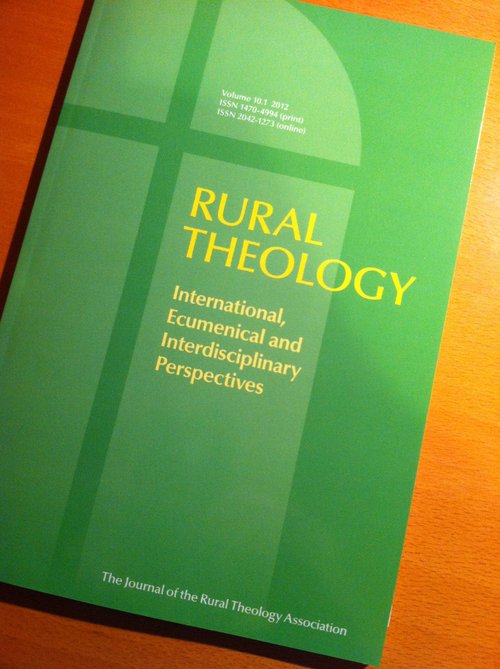No priest, no church?
Jeremy Martineau considers statistics that suggest some alternative ways of pruning for growth
St Davids is a predominantly rural diocese, much like those in England where research by Carol Roberts and Leslie Francis was reported in the journal Rural Theology (2006 Vol. 4 part 1).

Their paper Church Closure and Membership Statistics provides a stark warning to those who take a top-down approach, acting as if church provision was similar to investing in supermarkets. The article sets out clearly the arguments for and against church closure, but shares data from church attendance that show the steepest decline in church attendance at Easter and Christmas is in those dioceses that closed the most churches. Much has changed since their research, with continuing secularisation and the ageing of the entire population.
What is clear is that rural people are less willing than urban people to transfer their allegiance to another church, if the one they have attended closes. More research is needed into the nature of this loyalty. Clergy may resent congregational members stubbornly expressing this loyalty, but could it become the foundation of a new way of being a Christian influence within the wider community? New skills and vision may be needed.
Is the Anglican approach, shared by the Church in Wales, that without a priest there can be no church? Or could the approach by the Methodist Church in England be more appropriate – to ensure a Christian presence in each community?
As centralisation and cost-cutting affects all public services, so do rural communities feel increasingly abandoned. Does this provide an opportunity to rethink what shape a local Christian community might take on, perhaps encompassing activities other than worship – housing, sharing transport, addressing poverty, responding to the increase in mental ill-health? Involvement in these key areas, and others, can be a clear expression of the Christian faith – to be the salt in the world. There are many good examples of church buildings becoming a platform for new community enterprise. Ageing congregations need to be helped to dream dreams of new and different ways in which their much loved church can serve the community.
In our diocesan area there are good examples of Christians meeting online or in places more comfortable than cold churches, with leaders who may not have been through the official channels. The Spirit of God may be blowing outside the structures the diocese recognises.